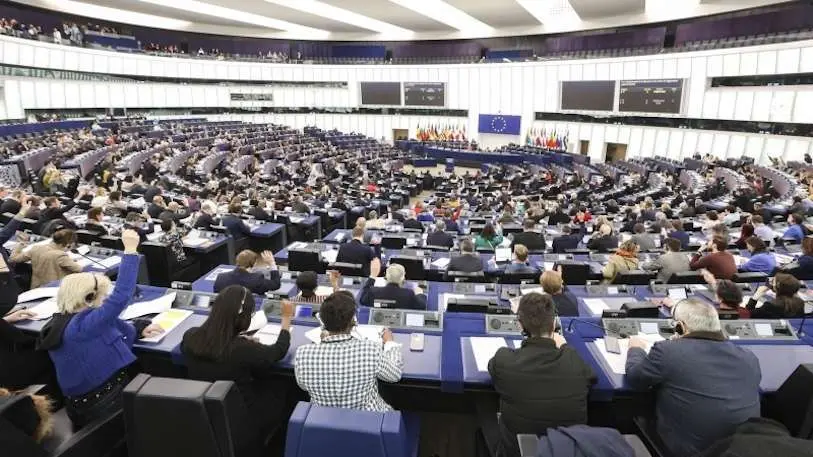El poder judicial marroquí tacha de injerencia la resolución de la Eurocámara

The Moroccan Supreme Council of the Judiciary (CSPJ), chaired by King Mohammed VI, today "strongly" condemned the resolution adopted on the 19th by the European Parliament (EP) on freedom of the press in Morocco, considering it an interference in the justice of the Maghreb country.
The CSPJ "strongly condemns what has been done by the European Parliament, which set itself up as a court to judge the Moroccan justice in a flagrant and biased manner", says in a note this Moroccan constitutional body after the meeting held today.
The European Parliament adopted on the 19th a resolution urging Morocco to respect freedom of expression and to release the condemned journalists and calls for a ban on the access of Moroccan officials to the EP for the duration of the "Catargate" investigation.
In the statement, which is the first reaction of a Moroccan state institution to the EP resolution, the CSPJ deplores the "misrepresentation" of data concerning Moroccan judicial cases, which were conducted in accordance "with the law and in full respect of constitutional guarantees and fair trial conditions."
"The Council totally and absolutely rejects interference in the (Moroccan) judiciary and attempts to influence its decisions, especially since some of the cases are still before the courts," asserts the body that governs the Moroccan judiciary.
It also "strongly" condemns the European Parliament's call to urge Morocco to immediately release convicted journalists, which it considers a serious violation of the independence of the judiciary.
The body affirms that the facts for which these persons were sentenced are not related to their journalistic activity or the exercise of their freedom of expression, but to public law crimes such as rape and human trafficking.
The CSPJ also denounces the "double standards" of the text of the European Parliament, since it had to defend the victims and condemn the sexual assaults.
Next Monday, the two Chambers of the Moroccan Parliament will hold a joint meeting to discuss the resolution of the European Parliament, which has raised reactions against and in favor.
In line with the CSPJ, the professional association of judges believes that it is an "interference" in the sovereignty of Moroccan justice and an "attempt to influence" the decisions of the judiciary.
A network of defenders of imprisoned journalists and activists in Morocco, for its part, assures that the content of the European resolution is identical to its demands and stresses its request for the immediate release of "all the victims of the violation of freedom of expression arbitrarily detained" in Morocco.
The Moroccan coordinator cites the leader of the social revolts that erupted in 2017 in the northern Rif region, Nasser Zefzafi, and journalists Taufiq Buachrine, Suleiman Raisuni and Omar Radi, among other bloggers and activists. All are serving prison sentences in various Moroccan prisons.
The Moroccan National Press Council (the official institution that regulates the practice of journalism in Morocco) describes this resolution as a "desperate attempt" to put pressure on Morocco in the service of a hegemonic "geostrategic agenda" and "has nothing to do with human rights".








